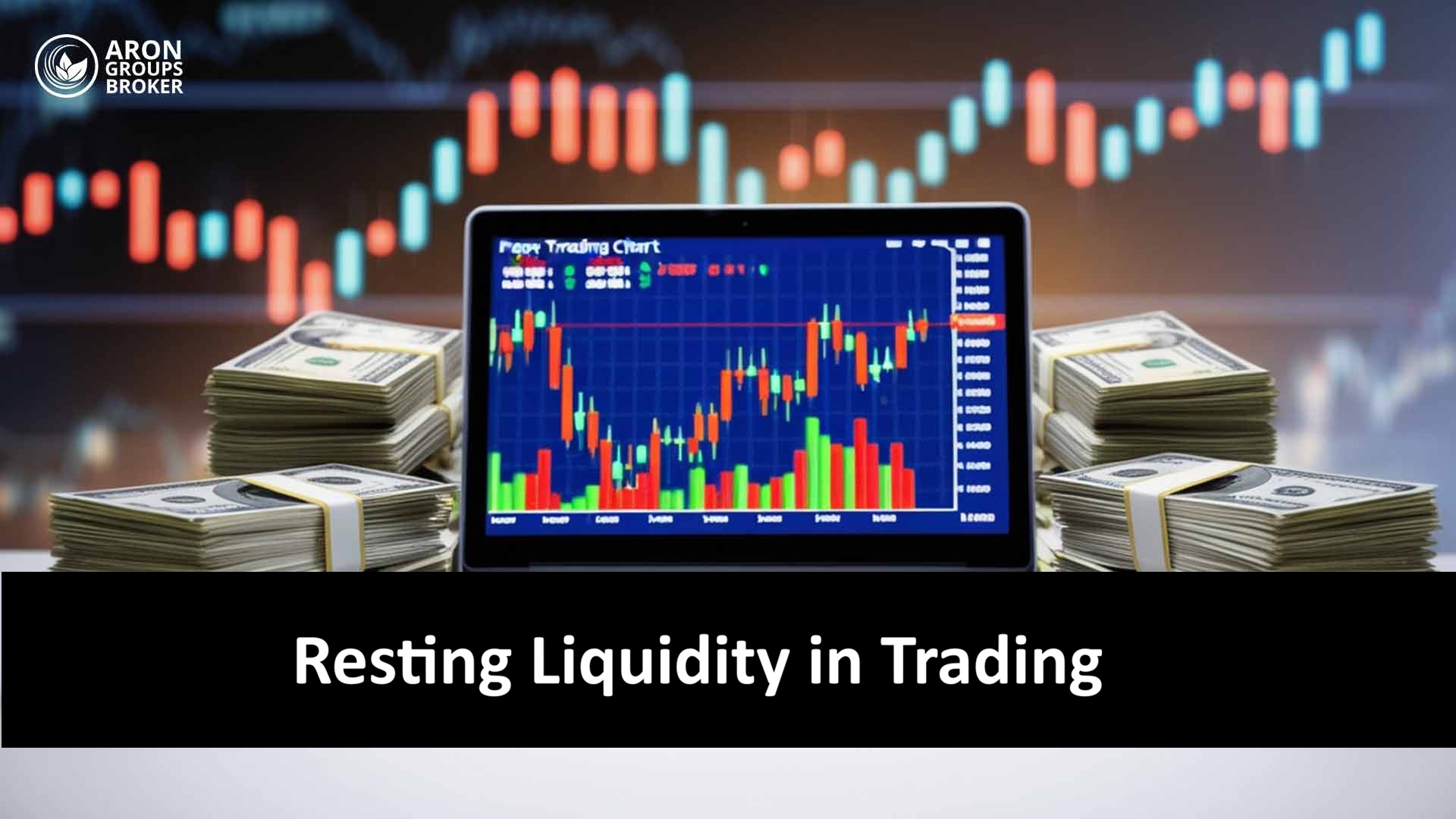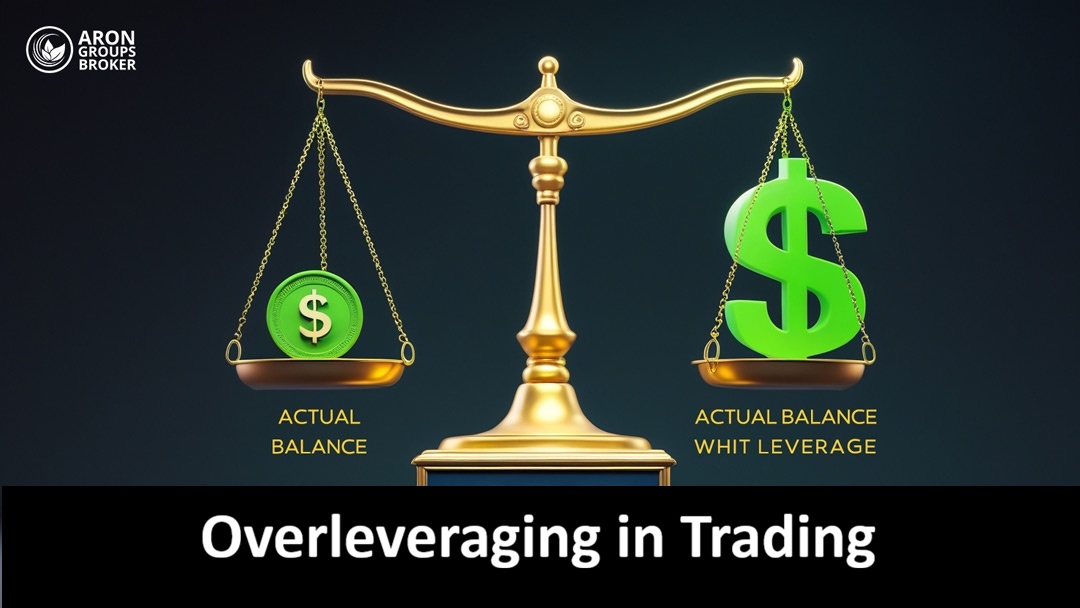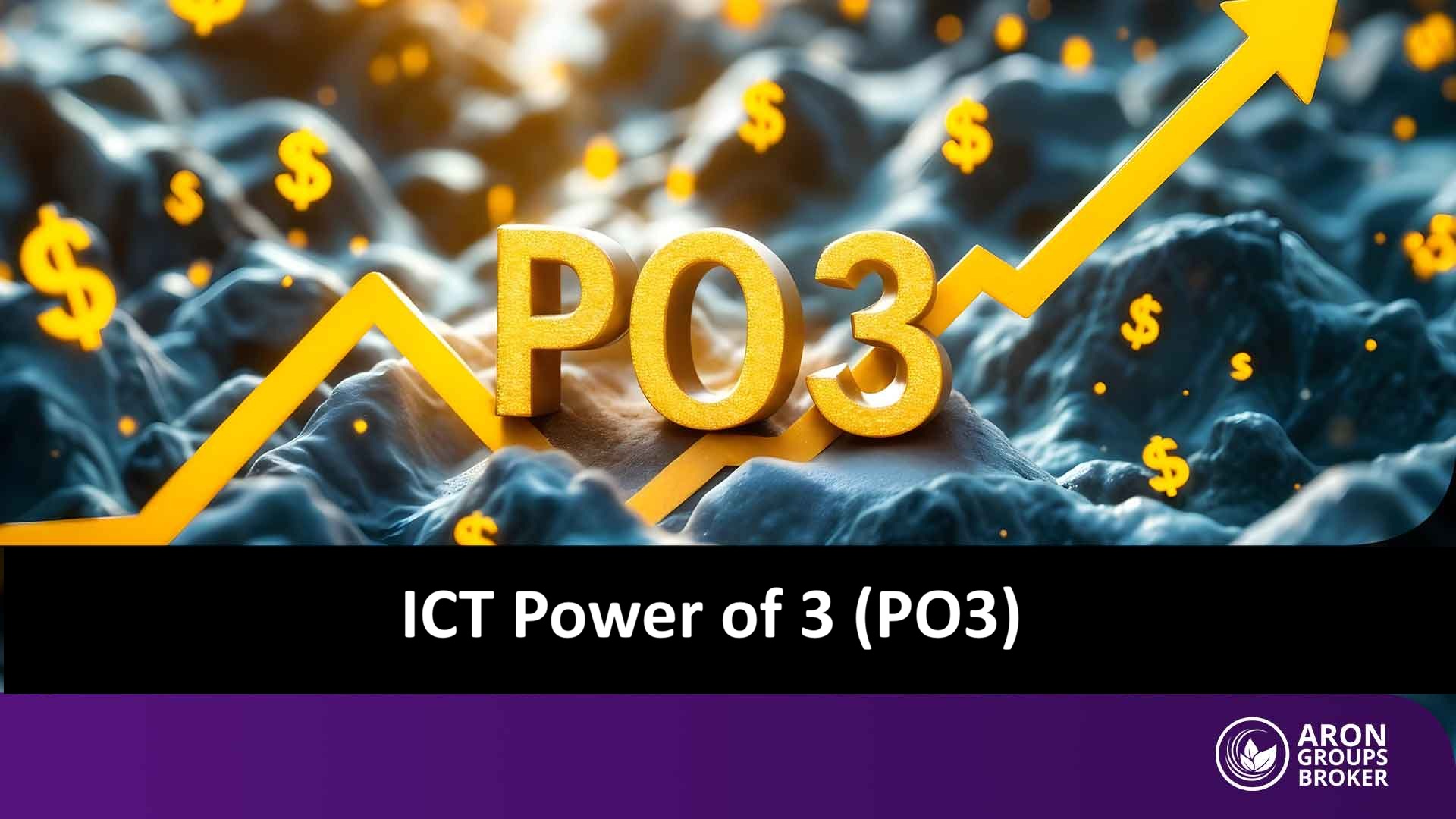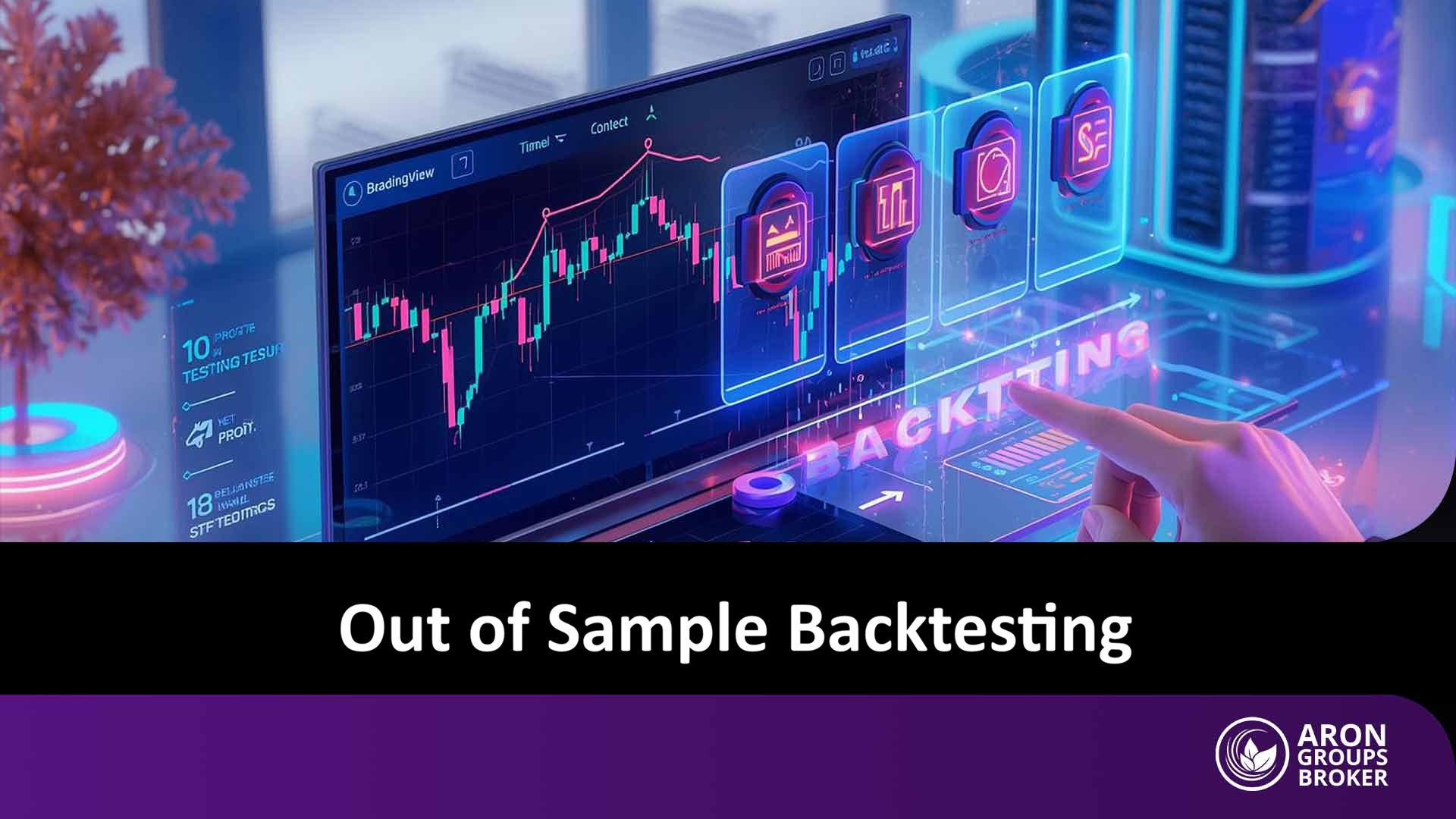In the name of God
Tokens
In the ever-evolving world of cryptocurrencies, tokens have emerged as a fundamental concept. Tokens play a crucial role in various blockchain ecosystems, enabling a wide range of functionalities, including facilitating transactions, representing assets, powering decentralized applications (DApps), and much more. This article aims to demystify tokens, exploring their definition, types, and significance in the cryptocurrency landscape.
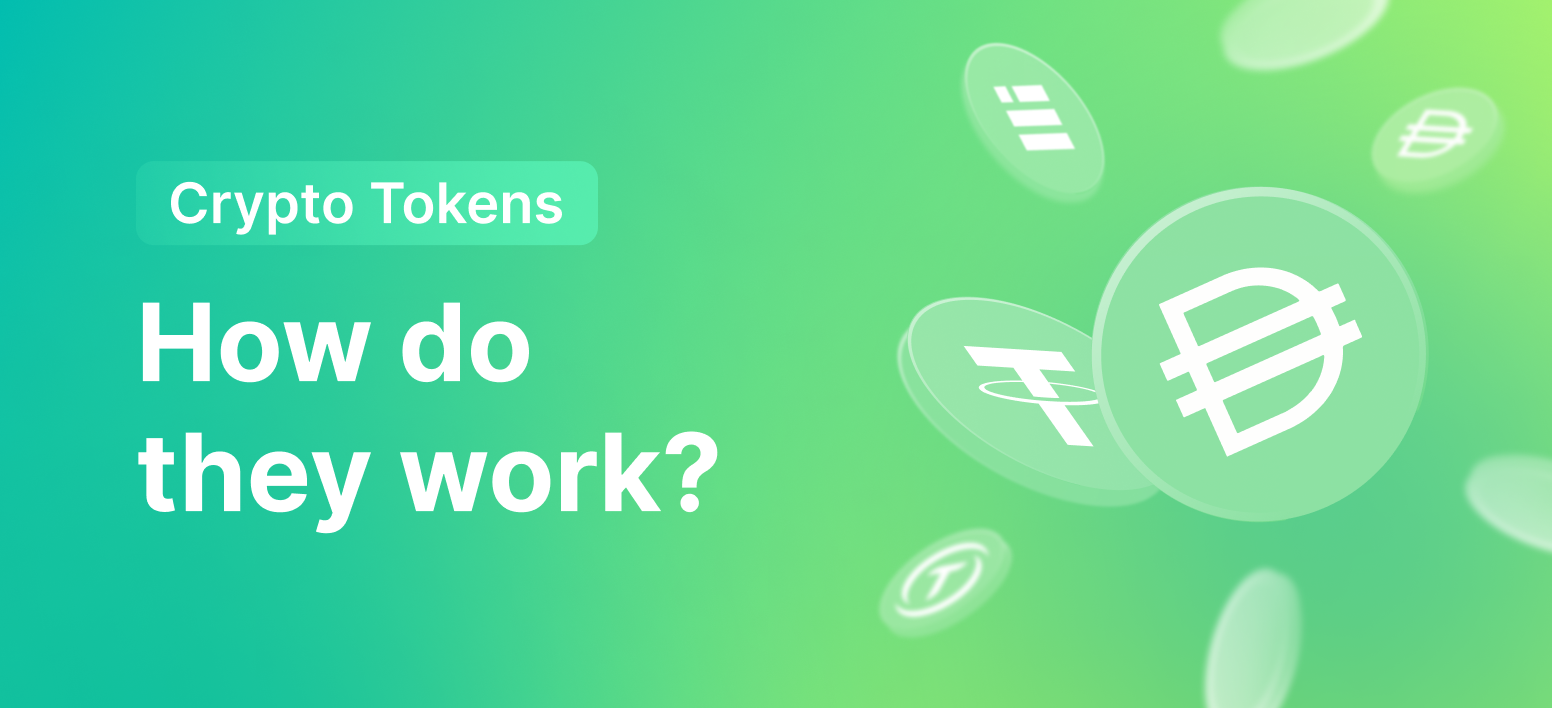
_ What is a Token?
In simple terms, a token is a digital representation of an asset or utility that exists on a blockchain. Tokens are built on established blockchain platforms such as Ethereum, Binance Smart Chain, and others, leveraging the underlying infrastructure and security features provided by these networks. Unlike cryptocurrencies like Bitcoin or Litecoin, which are standalone digital currencies, tokens are designed to serve specific purposes within their respective ecosystems.
_ Types of Tokens :
- Utility Tokens: Utility tokens are perhaps the most common type of tokens. They are used to access and utilize specific products or services within a blockchain network. For instance, in a decentralized computing platform, utility tokens might be required to pay for computational resources or access certain features of the platform. These tokens essentially grant users the right to use or interact with a particular blockchain-based application or service.
- Security Tokens: Security tokens represent traditional financial assets, including equity, debt, or investment contracts. They are subject to existing securities regulations and are designed to provide investors with ownership rights or entitlements to dividends, revenue shares, or other financial benefits. Security tokens offer a bridge between traditional finance and the blockchain world, allowing for increased liquidity, fractional ownership, and programmability of assets.
- Governance Tokens: Governance tokens grant holders the ability to participate in the decision-making processes of a blockchain network. These tokens are typically used to vote on proposals, changes to the protocol, or the allocation of resources within a decentralized ecosystem. Governance tokens empower token holders to influence the future development and direction of a project, fostering a more decentralized and community-driven governance model.
- Stablecoins: Stablecoins are tokens designed to maintain a stable value by pegging them to a reserve asset, such as fiat currencies or commodities. They provide stability amidst the volatility commonly associated with cryptocurrencies. Stablecoins have gained significant popularity due to their potential for reducing price fluctuations, facilitating seamless transactions, and serving as a reliable store of value within the crypto ecosystem.
_ Significance of Tokens :
Tokens have revolutionized the way we think about value exchange and ownership. They enable the creation of decentralized economies and ecosystems, where participants can transact, collaborate, and govern without relying on centralized intermediaries. Tokens have the following key implications:
- Increased Liquidity: Tokens allow for fractional ownership and seamless transferability of assets, unlocking liquidity and enabling the efficient exchange of value on a global scale.
- Programmability: Tokens can be programmed with smart contracts, enabling the automation of processes, the creation of decentralized applications, and the execution of complex transactions with predefined conditions.
- Community Engagement: Tokens align the interests of participants within a blockchain network, providing incentives for users to contribute, govern, and actively participate in the growth and development of the ecosystem.
- Innovation and Disruption: Tokens have paved the way for innovative business models, crowdfunding mechanisms (Initial Coin Offerings or ICOs), and decentralized finance (DeFi) applications, revolutionizing traditional industries and unlocking new possibilities.
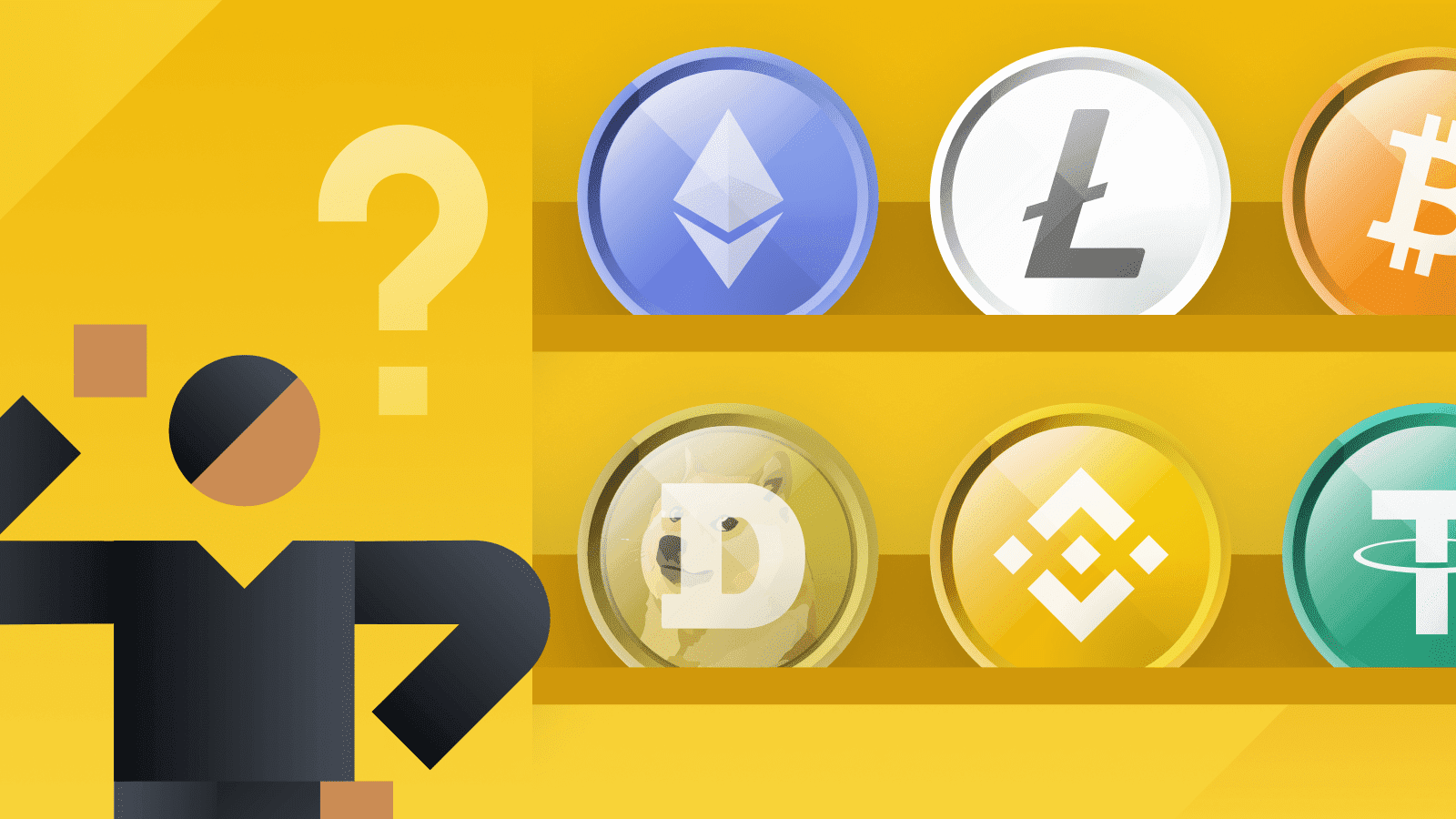
_ How Utility Tokens Power Decentralized Applications (DApps) :
There are numerous decentralized applications (DApps) that utilize utility tokens to enhance their functionality and incentivize user participation. Here are a few examples:
- Ethereum (ETH) : Ethereum is a decentralized platform that enables the creation of smart contracts and DApps. It uses its native utility token called Ether (ETH) to facilitate transactions, pay for computational resources (gas fees), and incentivize developers to build and maintain applications on the Ethereum blockchain.
- Filecoin (FIL) : Filecoin is a decentralized storage network that allows users to store and retrieve data in a secure and distributed manner. The Filecoin network relies on its utility token, FIL, to incentivize users to contribute their unused storage space and bandwidth to the network. Users earn FIL tokens by providing storage services or by purchasing storage using FIL.
- Augur (REP) : Augur is a decentralized prediction market platform built on the Ethereum blockchain. It enables users to create and participate in prediction markets, where they can bet on the outcome of real-world events. Augur utilizes its utility token, REP, to incentivize users to report on the outcome of events and ensure the accuracy of the predictions made on the platform.
- Basic Attention Token (BAT) : Basic Attention Token is a utility token integrated into the Brave browser ecosystem. Brave is a privacy-focused web browser that blocks unwanted ads and trackers. BAT is used to reward users for their attention and engagement with ads displayed within the browser. Users can then choose to support content creators and publishers by tipping them with BAT tokens.
- Golem (GLM) : Golem is a decentralized marketplace for computing power. It allows users to rent out their idle computing resources or utilize the network to perform complex computations. Golem’s utility token, GLM, is used for payments between users and providers on the platform, incentivizing participation and facilitating the exchange of computational services.
- 0x (ZRX) : 0x is an open protocol for decentralized exchanges (DEXs) built on the Ethereum blockchain. It enables the peer-to-peer exchange of ERC-20 tokens without the need for intermediaries. The 0x protocol utilizes its utility token, ZRX, to facilitate decentralized governance and protocol upgrades, as well as incentivize market makers who provide liquidity to the decentralized exchange ecosystem.
These examples highlight the diverse range of DApps that leverage utility tokens to enable specific functionalities, incentivize user participation, and create decentralized and self-sustaining ecosystems.

Tokens are the lifeblood of the cryptocurrency world, fueling innovation, decentralization, and economic growth. They represent a paradigm shift in how we conceptualize and interact with digital assets, introducing new levels of programmability and liquidity. As blockchain technology continues to mature and evolve, tokens will play an increasingly integral role, shaping the future of finance, governance, and countless other industries.
























